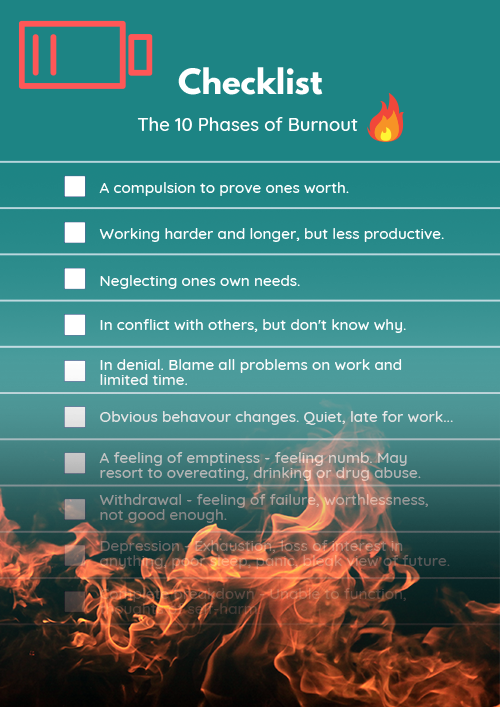Are you a mum to be or a new mum?
Are you confused about the amount of varied advice around breastfeeding, weaning, types of milk, solid foods and the types of food to feed your baby?
Exclusive breastfeeding is recommended until around six months of age. The only alternative to breast milk during the first six months is infant milk.
Mother’s milk has nutritional and anti-infective qualities, which cannot be reproduced in any artificial infant formula.
Mother’s who do not breastfeed for whatever reason must be supported whatever decision they make.
It is even more beneficial for your baby to continue breastfeeding after six months alongside solid foods to one year and beyond.
What are the benefits of breastfeeding for mothers?
- Breastfeeding encourages bonding between mother and baby
- It reduces the risk of developing ovarian and breast cancer
- It reduces the risk of osteoporosis and frequent hip fractures in women over 65
- It’s free and convenient
- No preparation is required
- Exclusive breastfeeding stops ovulation
- It helps iron stores to return to normal
- It helps lose excess weight gained in pregnancy – uses an extra 500 kcal per day.
Formula Feeding
If you formula feed your baby first milk is the best infant formula milk to give in the first six months. After six months, first milk can continue to be given to infants while introducing solid foods. Ordinary full fat cow’s milk can be given after one year.
Introducing solid foods
You can introduce solid foods to your baby at around six months. The choice of milk should continue beyond six months, along with solid foods.
Your baby needs to be introduced to a range of foods, textures and flavours. This way by 12 months normal family foods are able to be taken. The first foods should consist of thick purees or mashed textures, including finger foods, such as banana and avocado.
Sips of water can be offered using a free-flowing cup from six months.
Vitamins are not required if your baby is getting sufficient milk, but if less than 500ml per day is taken vitamins A and D supplements should be given.
For further support and advice during this often confusing time you can message me and I can support you with this.

